
Nepali Politics Takes a Surprising Turn – Here’s What You Need to Know
In a surprising turn of events, Nepal’s political landscape has once again shifted as the Maoist Centre and UML have joined forces to form a new left-led coalition, sidelining the Nepali Congress. This move follows a series of ups and downs among the country’s major political parties.
Under the new power-sharing arrangement, Prime Minister Pushpa Kamal Dahal and UML Chair K P Oli will alternate as prime minister for two-year terms until the next elections in 2027.
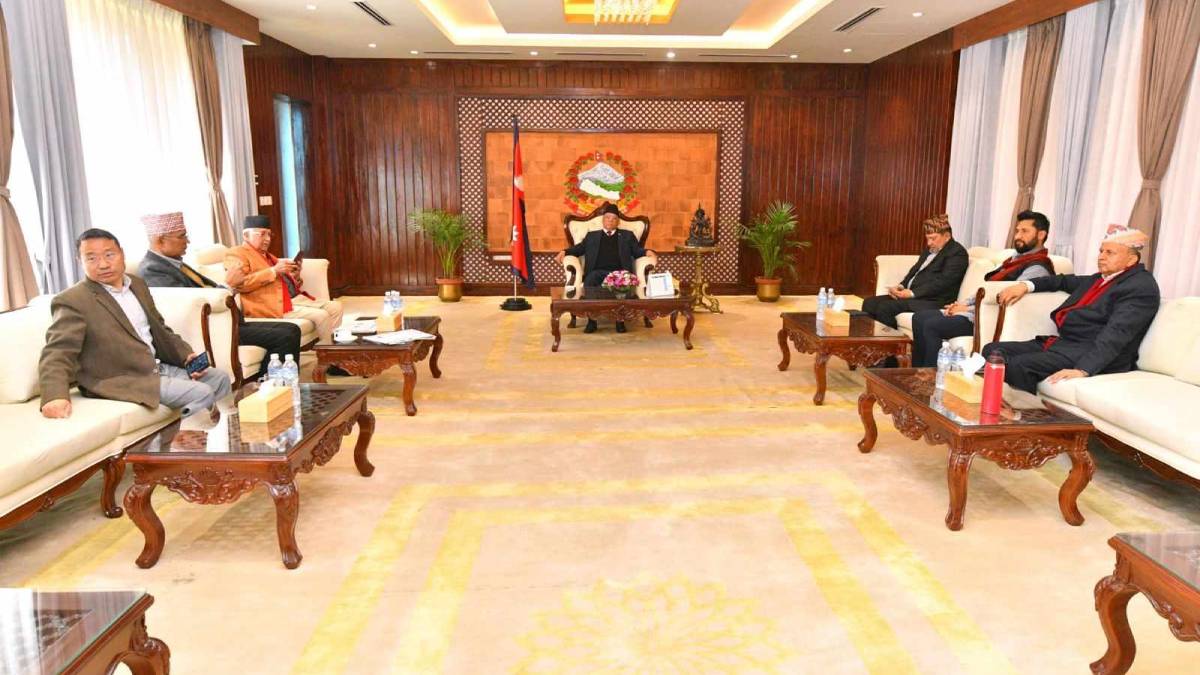
Joining the coalition are parties like Rabi Lamichhane’s Rastriya Swatantra Party (RSP) and Upendra Yadav’s Janata Samajwadi Party (JSP), with discussions underway for CK Raut’s Janamat Party to join as well. This leaves the opposition comprised of Sher Bahadur Deuba’s Nepali Congress and Madhav Nepal’s CPN-Unified Socialist.
The sudden breakup between the NC and the Maoists, the third largest party in Parliament, caught many off guard. Tensions had been brewing, culminating in the NC’s General Committee meeting last week, where members advocated for the party to go solo and reminded the Maoists of their past actions during the war. Despite being the largest party, the NC’s decision to exclude the Maoists from their plans ultimately led to their exclusion from the ruling coalition.
Monday saw a flurry of meetings between Prime Minister Dahal, Oli, Lamichhane, and Yadav, leading to the formation of a new Cabinet with representation from each of the coalition parties. However, public interest in the reshuffle appeared minimal, with many expressing skepticism on social media about the impact of yet another change in government on the country’s economic and social challenges.
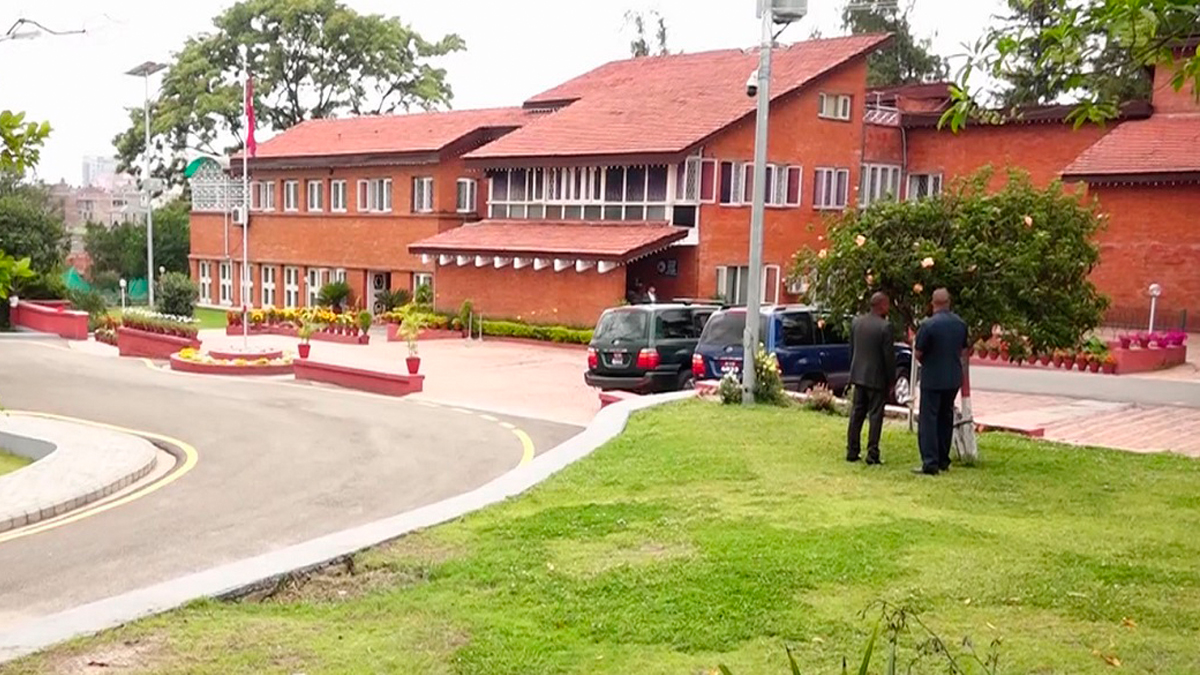
Critics have ridiculed the coalition for simply reshuffling the same political figures, questioning whether this change will bring any tangible improvements to Nepal’s ongoing crises.
Chief Whip and former Health Minister Padam Giri entered the Council of Ministers on Monday, joining the newly formed coalition government. Meanwhile, the Maoist Centre nominated former Youth and Sports Minister Hit Bahadur Tamang to the Cabinet. Additionally, RSP vice-chair Prasad Aryal, who previously served as Labour Minister under the Maoist-RSP alliance, was sworn in as well.
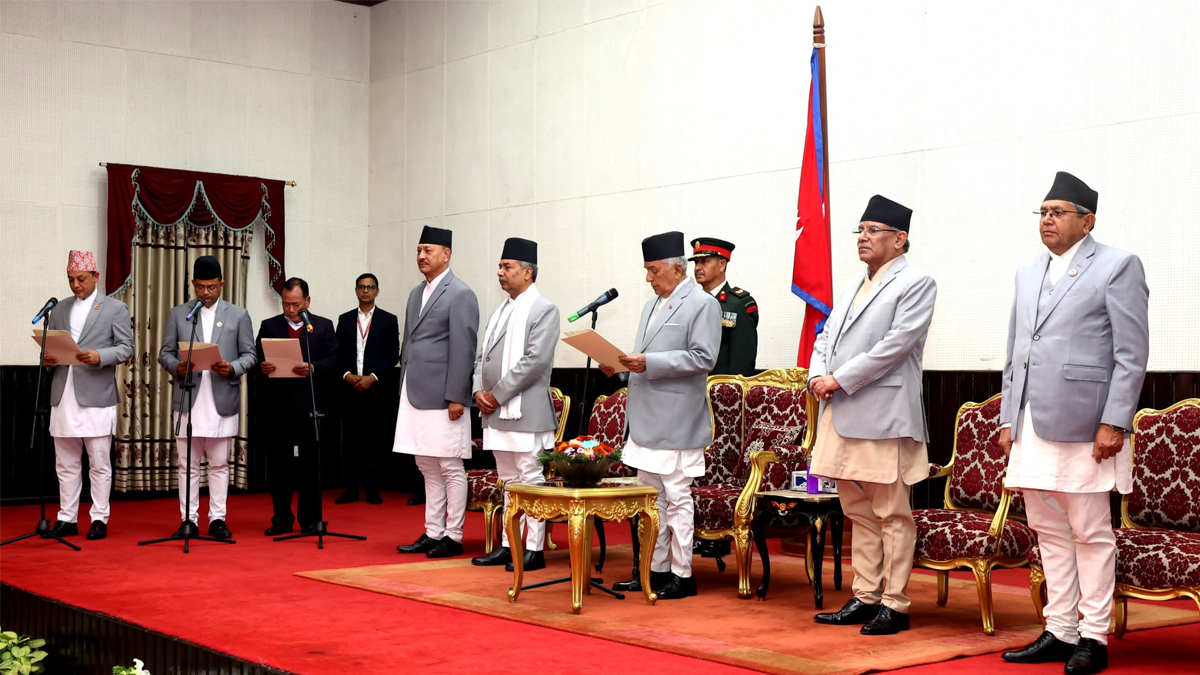
However, tensions have already emerged within the coalition regarding the appointment of the Home Minister, with both the UML and RSP vying for the position. RSP’s Lamichhane, who previously held the position but relinquished it due to controversy surrounding his American citizenship, is adamant about reclaiming the post. Despite being the fourth largest party in Parliament, the RSP is asserting its influence in the coalition negotiations.
Prime Minister Dahal’s journey to power has been tumultuous, starting with his appointment in December 2022 after breaking away from the five-party coalition led by Sher Bahadur Deuba’s NC, with support from K P Oli’s UML. However, just two months later, Dahal reunited with the NC to form a new coalition government, agreeing to a power-sharing deal with Deuba and CPN-Unified Socialist chair Madhav Kumar Nepal to rotate the premiership over five years.
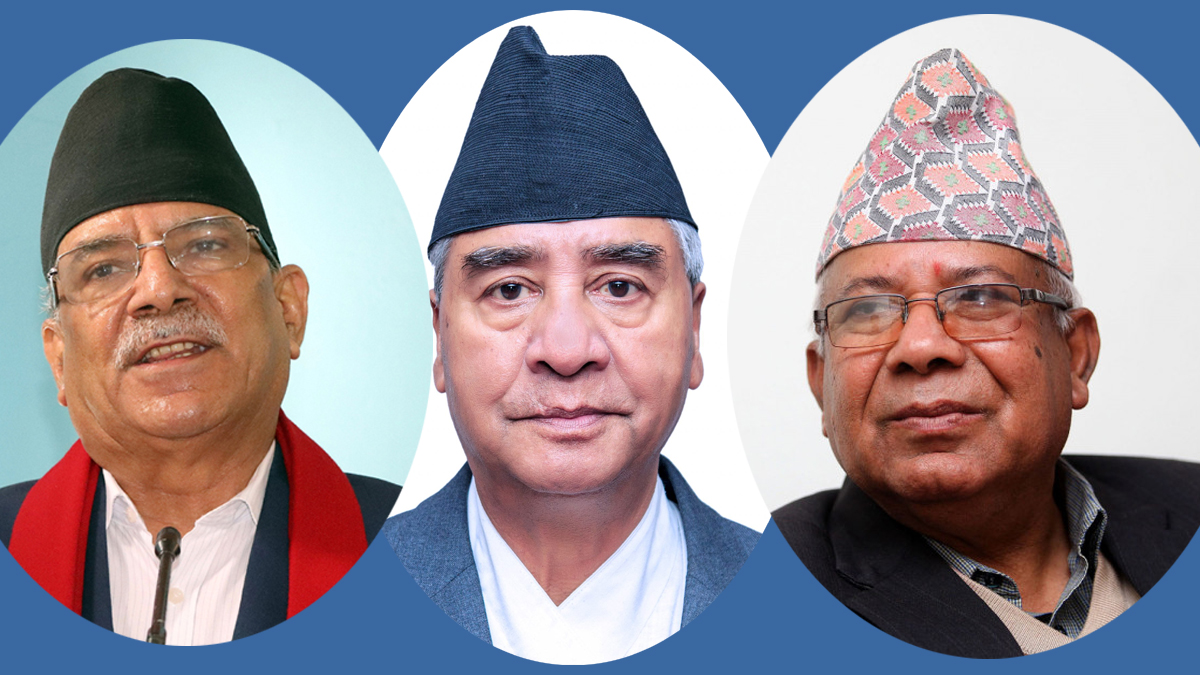
The fragile partnership between Dahal and Deuba reached a breaking point following the NC’s General Committee meeting in February. Dissident faction leaders within the NC advocated for the party to refrain from forming alliances with other parties in 2027, a proposition Deuba ultimately conceded to, further straining the coalition’s cohesion.

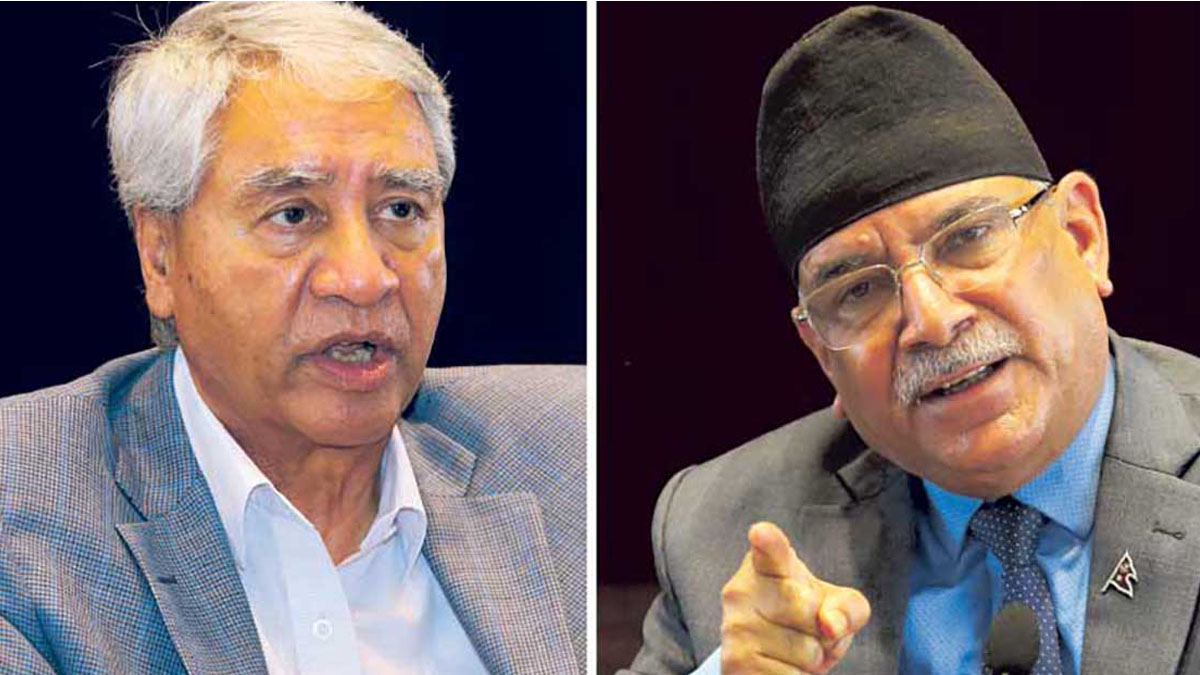
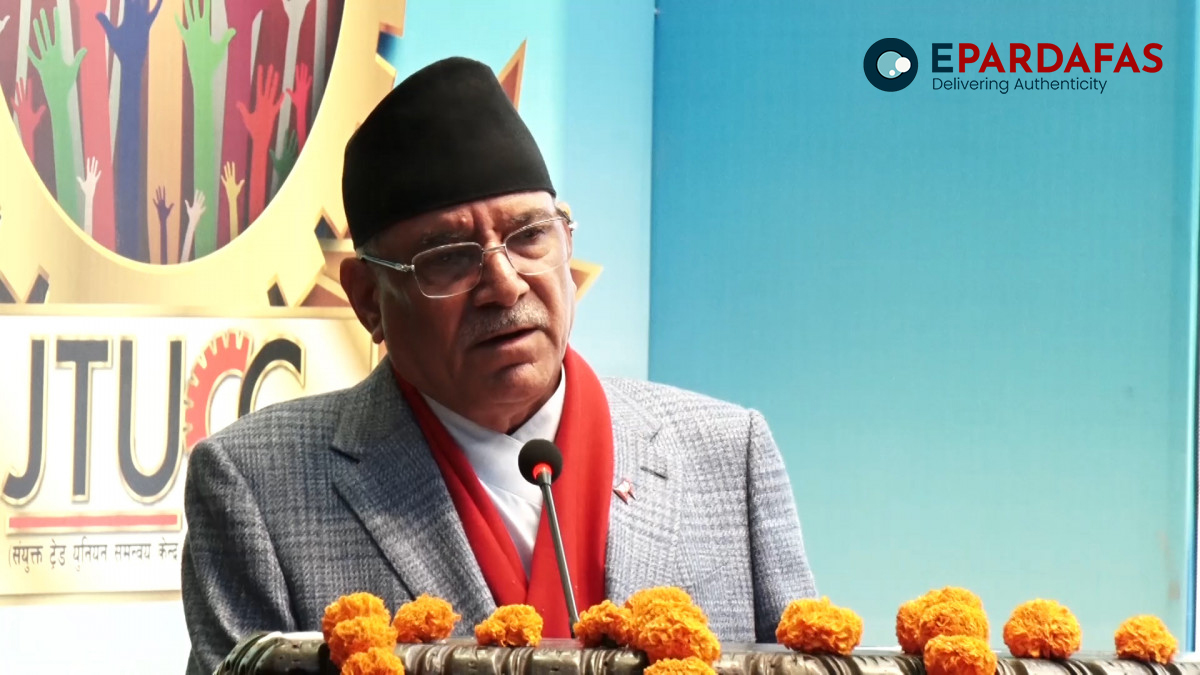
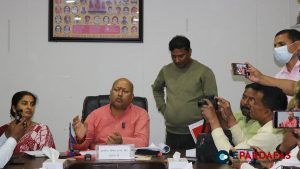


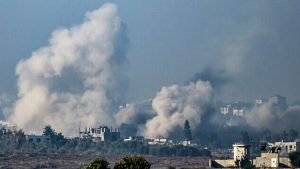

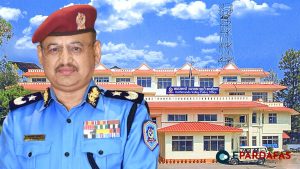





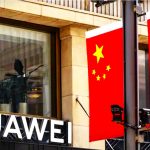
Comments